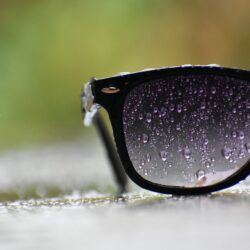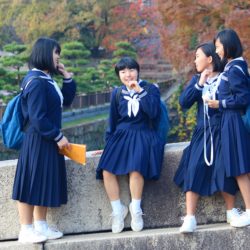Should I Upgrade to Transition Lenses? Here’s a List of Pros and Cons
Transition lenses—also known as photochromic lenses—have become more popular in recent years. These lenses darken when exposed to sunlight and lighten under the shade. Many people, especially the older generation, invest in transition lenses due to the prevalence of eye illnesses, increased public awareness of eye health, and the emerging features added to these lenses. Because of this, Yahoo Finance reports that the photochromic lenses market size is estimated to










